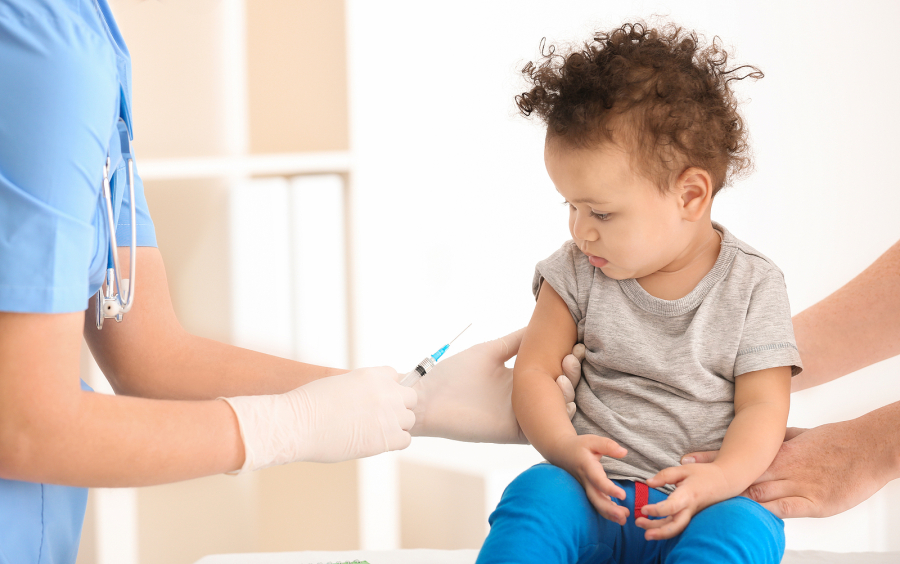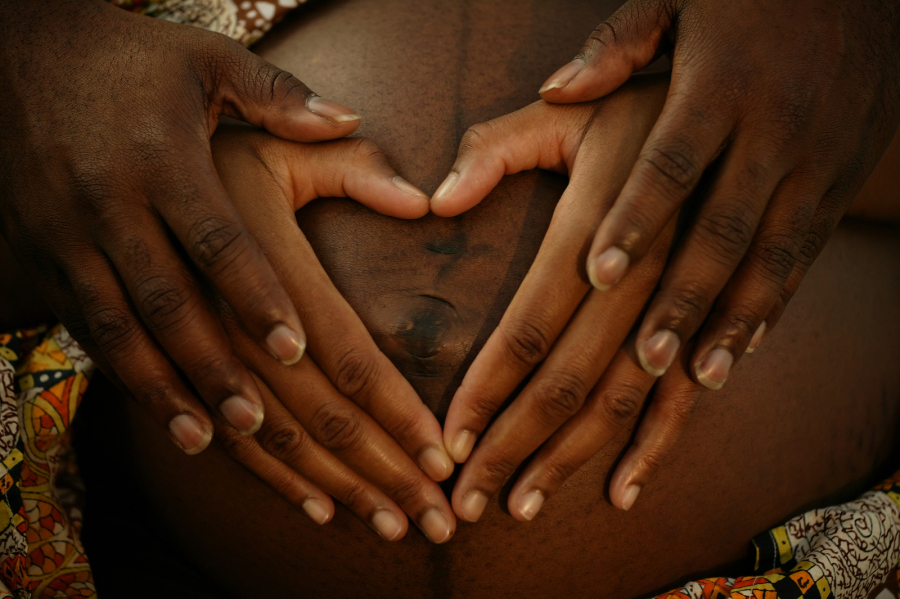New report emphasises that pregnant and postnatal women with COVID-19 must receive the same standard of care as non-pregnant people

Published on Thursday, 08 July 2021 Post
Findings from the new MBRRACE-UK 2021 rapid report, Learning from SARS-CoV-2-related and associated maternal deaths in the UK June 2020-March 2021 , suggest that there needs to be wider awareness of how best to treat pregnant and postnatal women with COVID-19.
Report authors reviewed the care of all pregnant and postnatal women who died with SARS-CoV-2 infection, and women who died and whose care or engagement with care was influenced by changes as a consequence of the pandemic between 1 June 2020 and 1 March this year. Fourteen women died with SARS-CoV-2 infection, ten from COVID-19 and four from other causes, three further women's deaths were influenced by changes as a consequence of the pandemic.
Only one out of ten women who died from COVID-19 was treated in accordance with the evidence-based guidance developed by the Royal College of Obstetricians and Gynaecologists and Royal College of Midwives. This comprehensive national guidance should be followed wherever pregnant or postpartum women are cared for. The report also highlights a need to ensure early senior involvement of the maternal medical team, understand the needs of the woman herself and avoid withholding treatment due to misplaced concerns over her pregnancy.
The report also noted ongoing indirect impacts such that women are fearful of seeking care and may delay presentation or not present at all. Other pregnancy complications remain many times more frequent than COVID-19 in pregnancy, and the need to ensure women are able to access the care they need is essential. This includes making sure that women are confident about their safety in attending face to face visits, but also recognising situations in which remote consultations are inadequate. This may be for several reasons including language difficulties, lack of access to appropriate technology, repeated presentation, clinical complexity or potentially severe or high risk conditions.
Prof Marian Knight, lead author of the report said 'it is unacceptable that women with COVID-19 do not receive the best quality of care simply because they are pregnant or recently pregnant. The RECOVERY trial ensured inclusion of pregnant and postpartum women to make sure that we had the evidence about how best to treat their COVID-19. The Royal Colleges of Obstetricians and Gynaecologists and Midwives, with anaesthetic and paediatric colleagues, ensured that evidence was rapidly included into definitive treatment guidance. We must ensure that the cultural and structural biases around treatment in pregnancy and the postnatal period are tackled to ensure that women receive the care they need.'
Prof Jenny Kurinczuk, lead for MBRRACE-UK said 'it is extremely important that women continue to attend antenatal visits during pregnancy and after giving birth and seek advice from their midwife or doctor if they have any concerns. Maternal deaths from COVID-19 in the UK are uncommon, but this report highlights once again the importance of prevention of severe illness through vaccination. All pregnant and postpartum women are eligible to receive a COVID-19 vaccine as part of the UK programme.'
The report is available at www.npeu.ox.ac.uk/mbrrace-uk/reports




